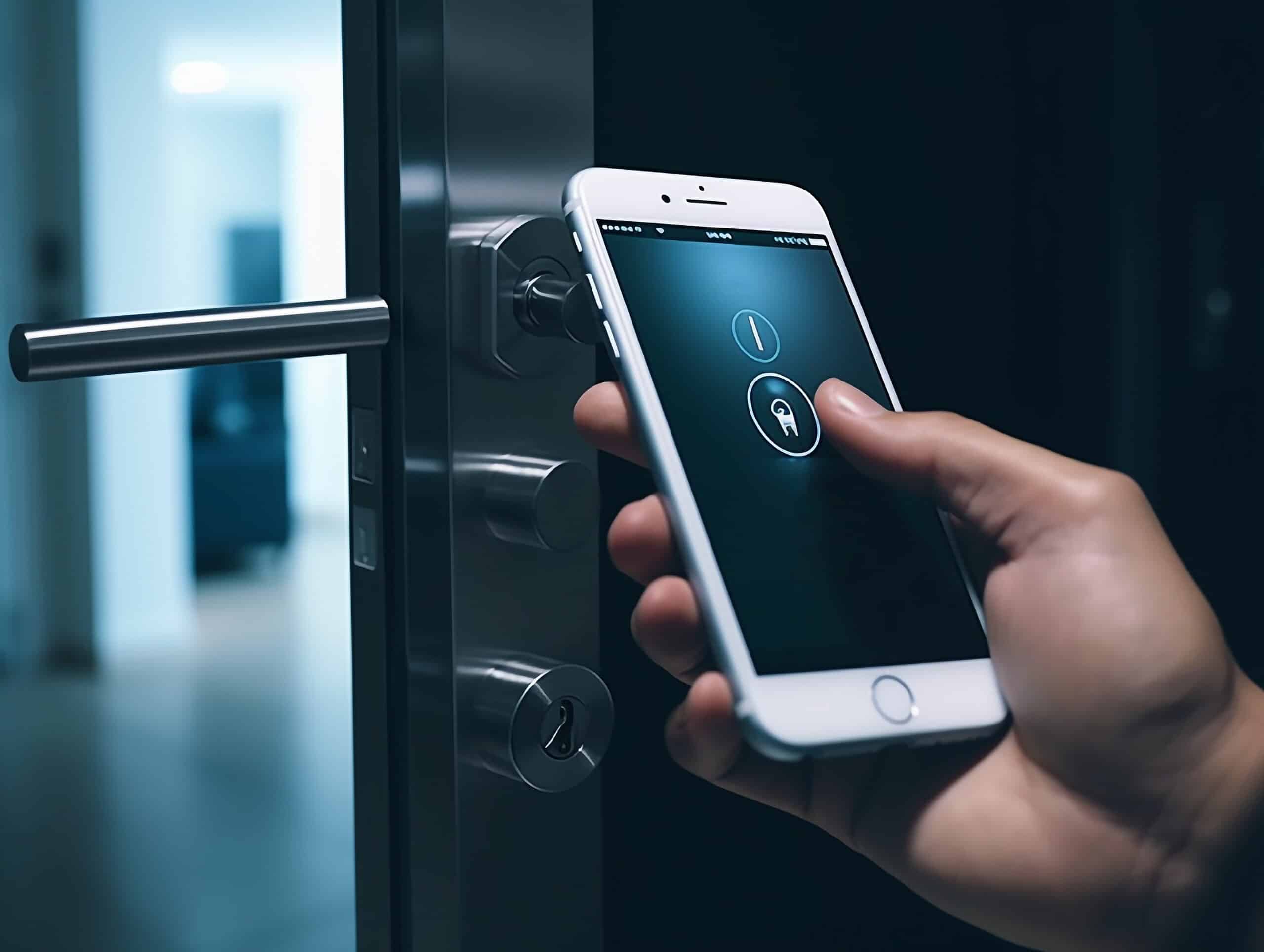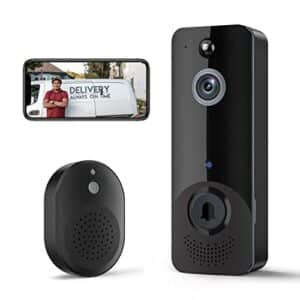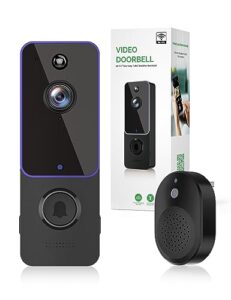Can Smart Doorbells Be Hacked?
Key Takeaways
- Smart doorbells can be easily hacked, especially cheaply made ones with weak default passwords
- Hacking smart doorbells can lead to unauthorized access to personal data, compromised home networks, and privacy violations
- To enhance the security of smart doorbells, users should change default passwords, keep devices and apps updated, enable two-factor authentication, delete unnecessary recordings and data, and choose reputable brands
Smart doorbells have become increasingly popular in recent years, offering homeowners a convenient way to monitor and secure their properties. However, concerns have been raised about the security of these devices and the potential for them to be hacked. In this article, we will delve into the topic of smart doorbell security, examining the vulnerabilities that exist and providing recommendations to ensure your smart doorbell remains secure.
The Vulnerabilities
Multiple investigations and reports have highlighted the vulnerabilities of smart doorbells to hacking. Cheaply made smart doorbells, in particular, have been found to have security flaws that can easily be exploited by hackers. These flaws can allow unauthorized access to photos, footage, and even home networks.
One Consumer Reports investigation found that certain smart doorbells had weak default passwords, making them susceptible to hacking. Hackers could easily guess or crack these passwords, gaining access to the doorbell’s app and any stored data. This poses a serious privacy risk, as hackers could potentially view personal videos or spy on individuals.
The Risks
The risks associated with smart doorbell hacking are significant. In some cases, hackers have gained access to home networks through insecure doorbells, compromising other connected devices and potentially stealing sensitive information. This highlights the importance of not only securing the doorbell itself but also ensuring the entire home network is adequately protected.
One high-profile example is the case of Ring, where employees were found to have spied on customers through their cameras. This breach of privacy extended to intimate spaces like bedrooms and bathrooms. Hackers also targeted Ring’s security vulnerabilities, using the devices to harass, insult, and even proposition children and teenagers. Some hackers even live-streamed customers’ videos, further violating their privacy.
Protecting Your Smart Doorbell
While the risks are real, there are steps you can take to enhance the security of your smart doorbell:
- Change the default password: Many smart doorbells come with default passwords that are easily guessable. It is crucial to change the password to a unique and strong one as soon as you set up the device.
- Keep the device and apps updated: Manufacturers regularly release software updates to address security vulnerabilities. Make sure to keep your smart doorbell and its associated apps up to date to benefit from these security patches.
- Enable two-factor authentication: Two-factor authentication adds an extra layer of security by requiring a second form of verification, such as a unique code sent to your smartphone, before granting access to your smart doorbell.
- Delete unnecessary recordings and data: Regularly review and delete any unnecessary footage or recordings stored on your smart doorbell’s app. This minimizes the amount of potentially sensitive information that could be accessed by hackers.
- Choose reputable brands: Cheaper and lesser-known brands of smart doorbells often have security flaws. Prioritize research and opt for reputable brands that invest in robust security measures.
Conclusion
Smart doorbells can indeed be hacked, and the risks associated with such breaches are significant. From unauthorized access to personal videos and footage to potential network compromise and privacy violations, the consequences of a hacked smart doorbell can be far-reaching. However, by taking proactive steps to secure your device, such as changing default passwords, keeping software up to date, and enabling two-factor authentication, you can significantly reduce the likelihood of falling victim to a hacking incident.
Related Websites:
FAQs:
Q: What are the benefits of using smart doorbells?
Smart doorbells provide convenience and enhanced security. They allow you to remotely answer your door and monitor your property from anywhere using a mobile app. Smart doorbells also offer features like motion detection, video recording, and two-way audio communication.
Q: How do smart doorbells work?
Smart doorbells typically have a camera that captures video footage of your doorstep. This footage is transmitted wirelessly through a Wi-Fi connection to your mobile app, allowing you to view it in real-time or access recorded videos. The doorbell’s camera detects motion or when the doorbell button is pressed, alerting you on your mobile device.
Q: Are smart doorbells secure?
Smart doorbells can be secure if proper precautions are taken. Leading manufacturers implement security measures such as encryption protocols, two-factor authentication, and password protection. Users should also regularly update firmware and mobile apps, as well as use strong and unique passwords for device and app access.
Q: How can I enhance the security of my smart doorbell?
To enhance the security of your smart doorbell, it is recommended to regularly update the firmware and mobile apps associated with it. Additionally, use strong and unique passwords for both device and app access. By implementing these measures, you can minimize the risk of unauthorized access to your smart doorbell.
Q: What additional steps can I take to ensure smart doorbell security?
To further ensure smart doorbell security, you can secure your home Wi-Fi network by enabling firewall and MAC address filtering. Additionally, it is advisable to monitor network traffic for any suspicious activity that may indicate unauthorized access attempts or potential hacking.






